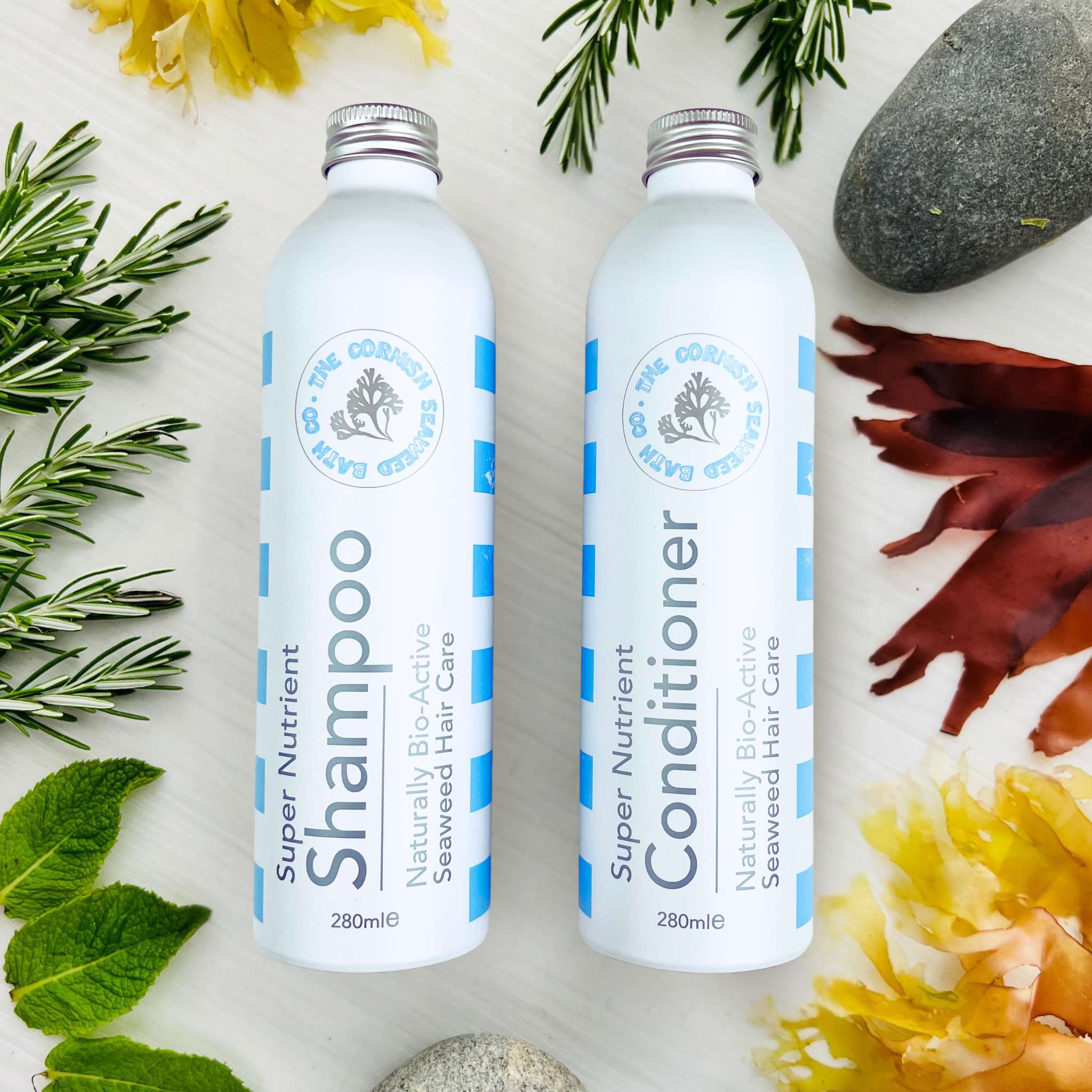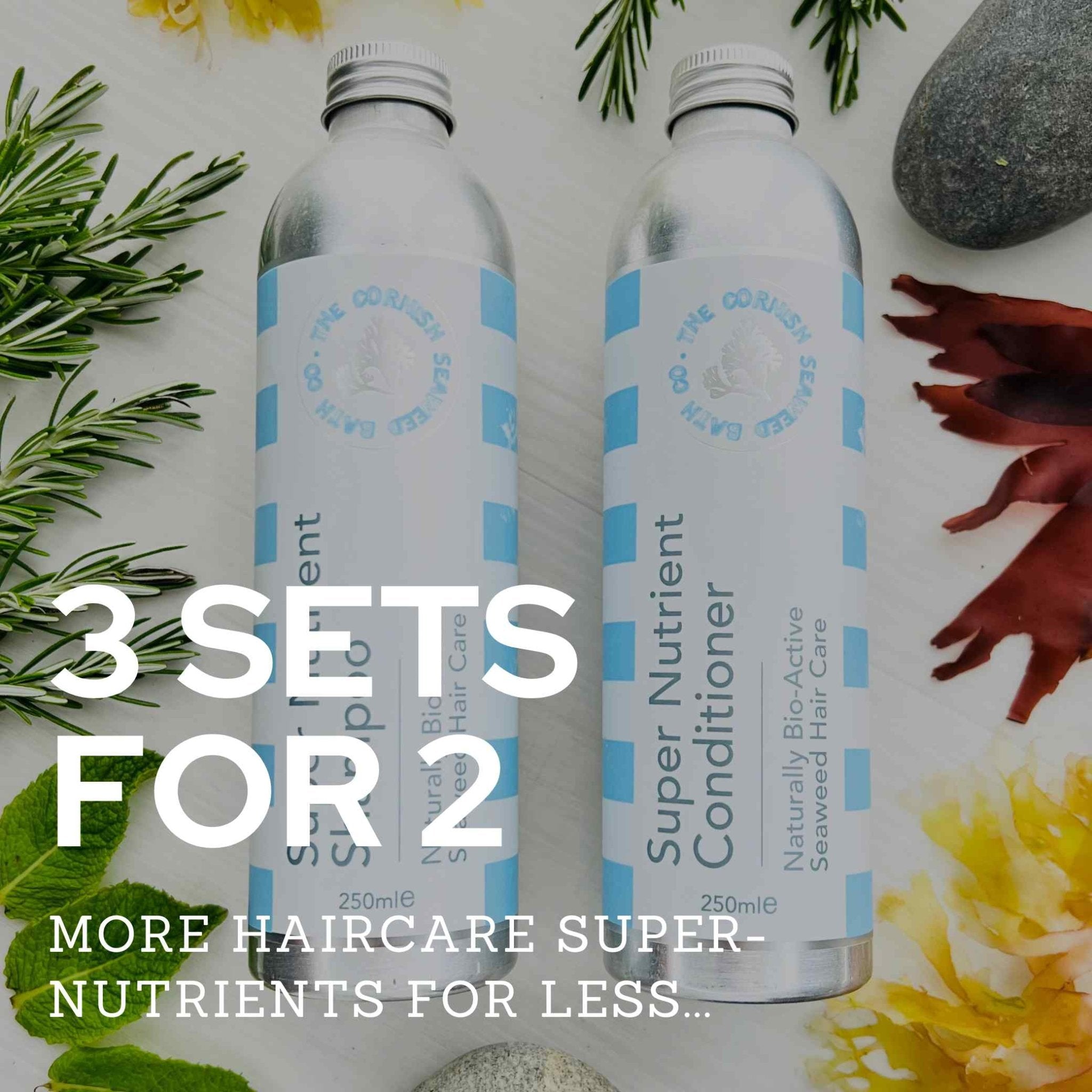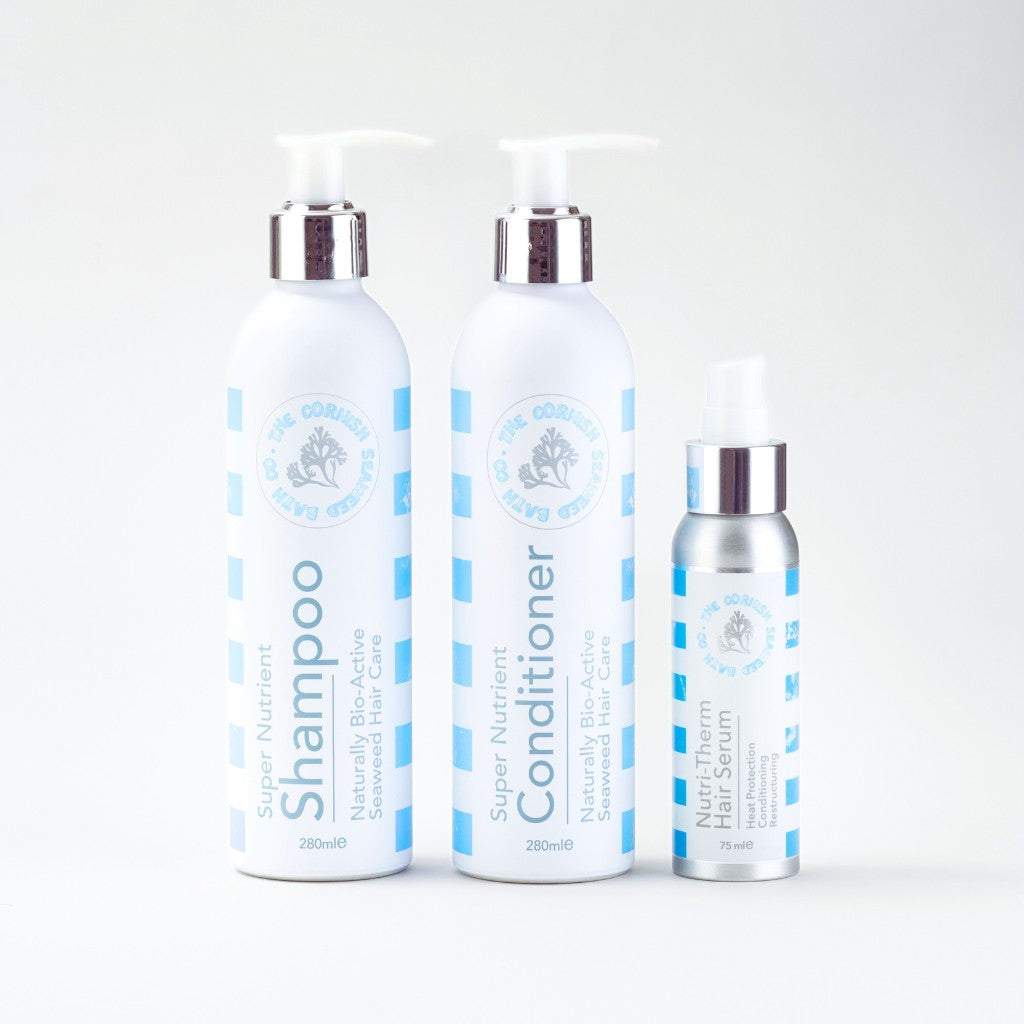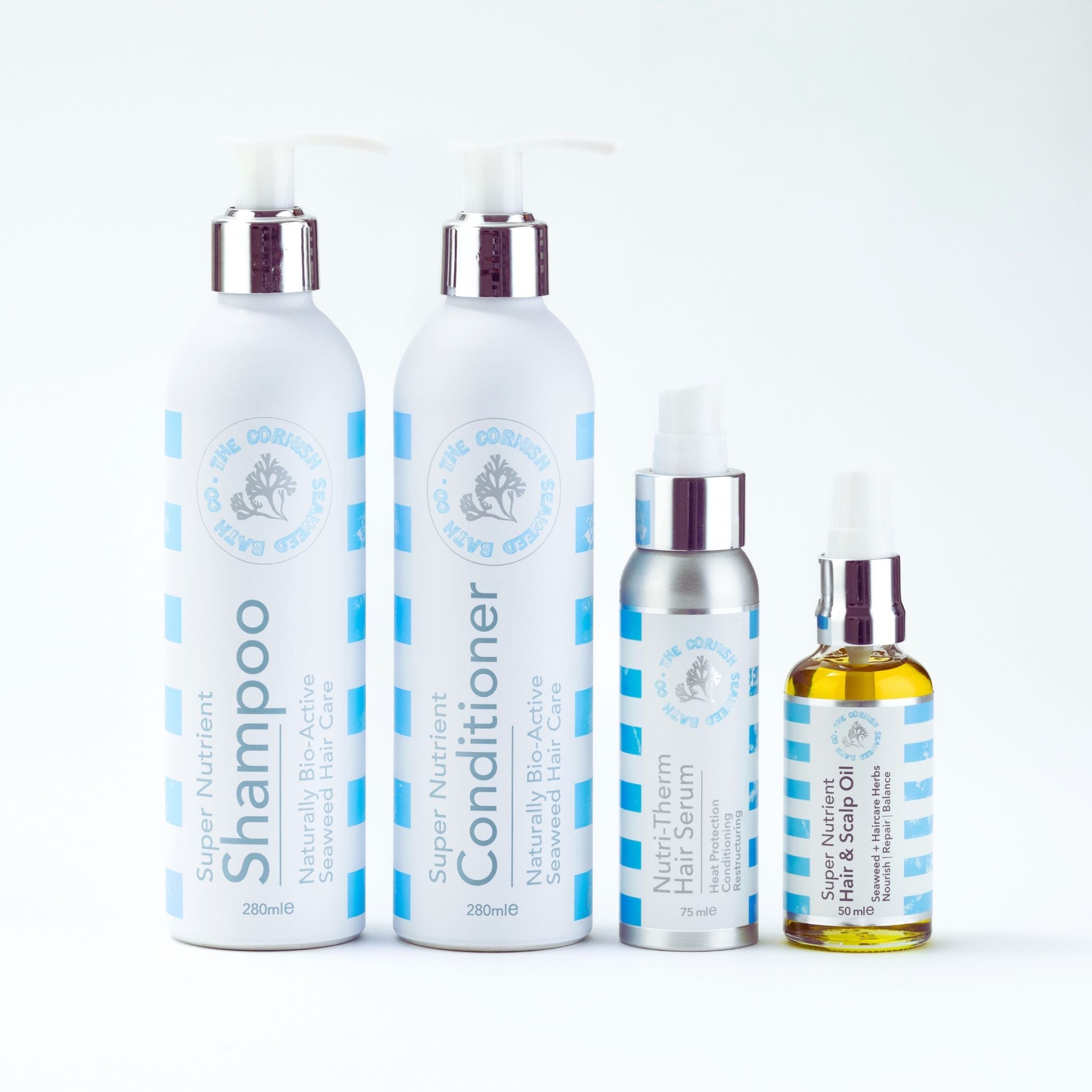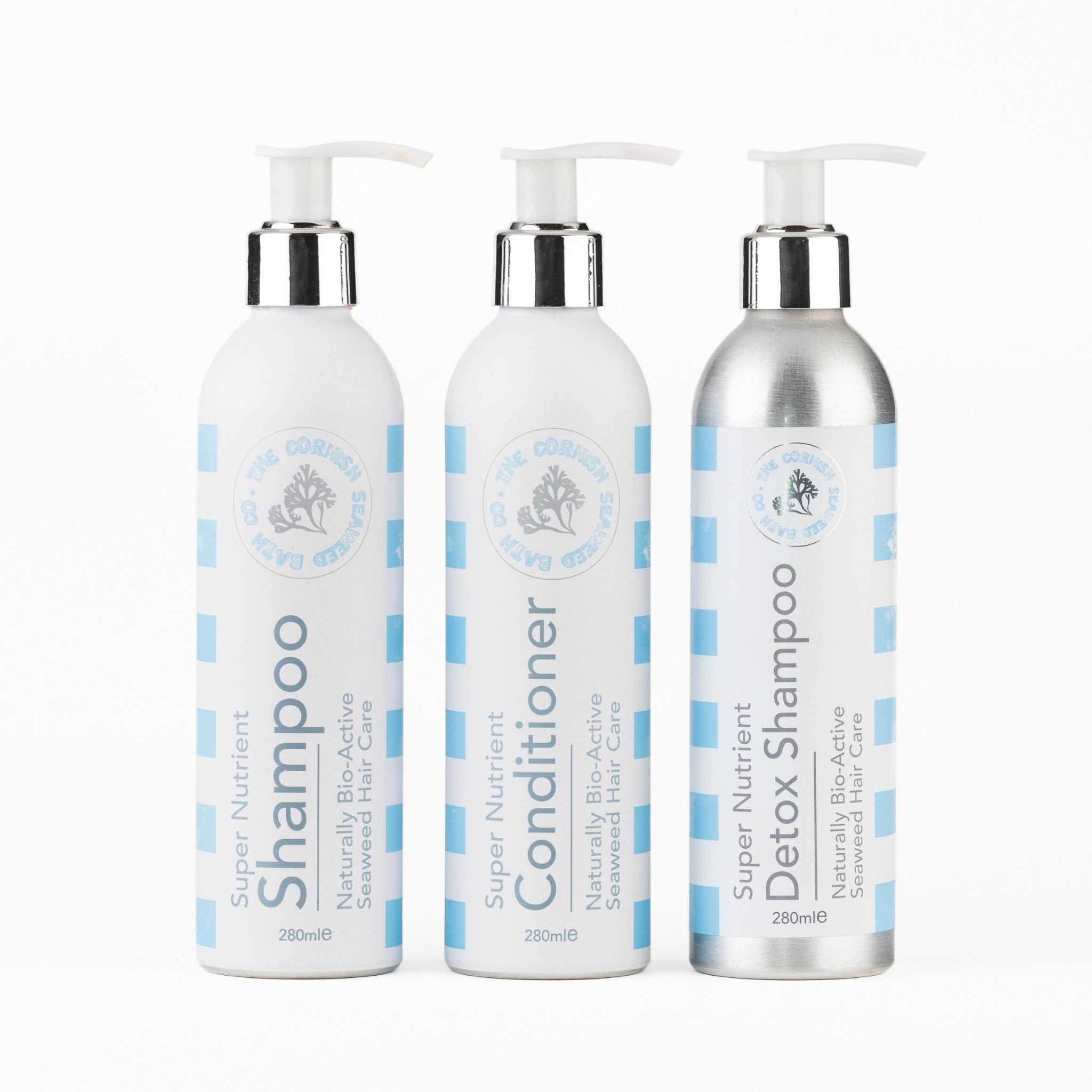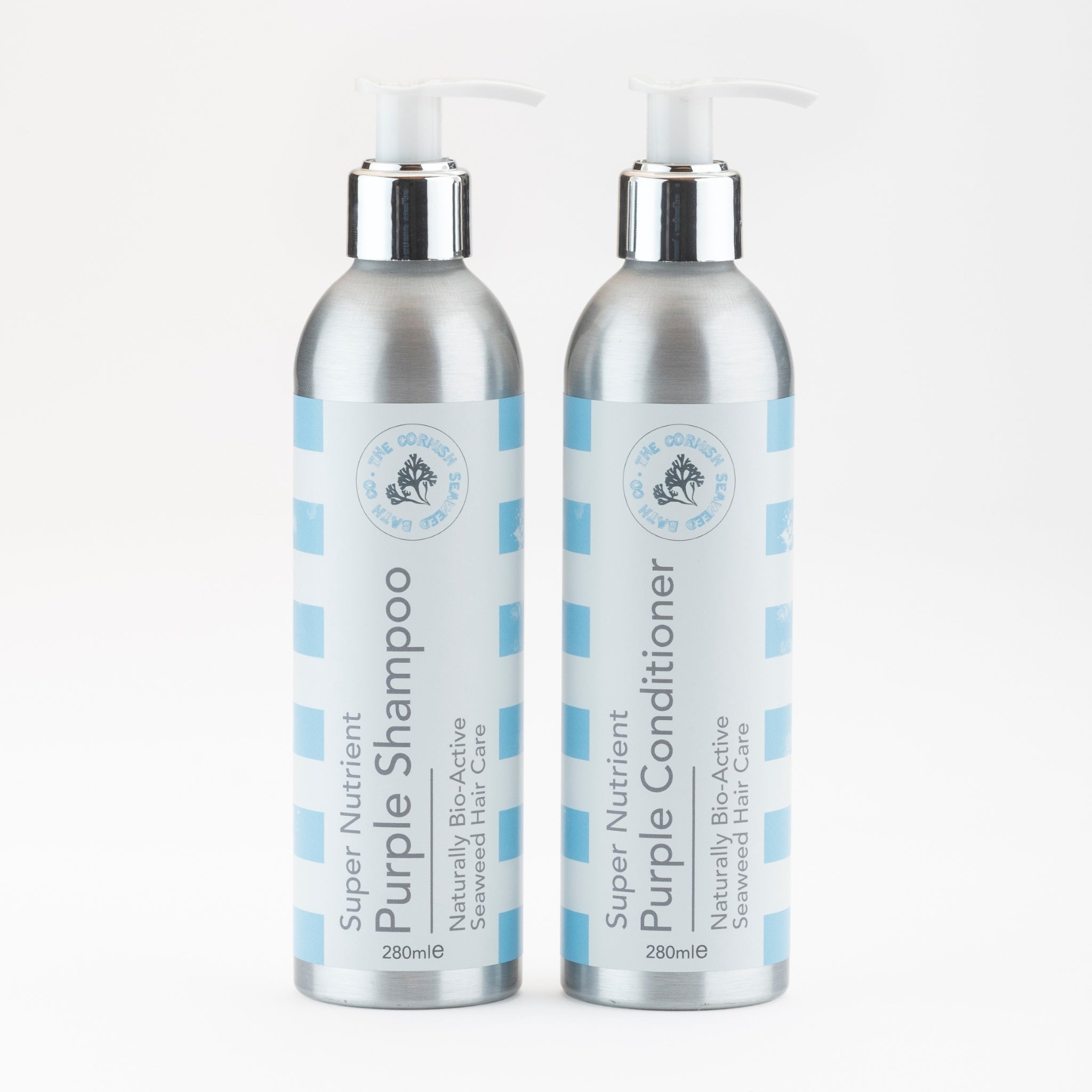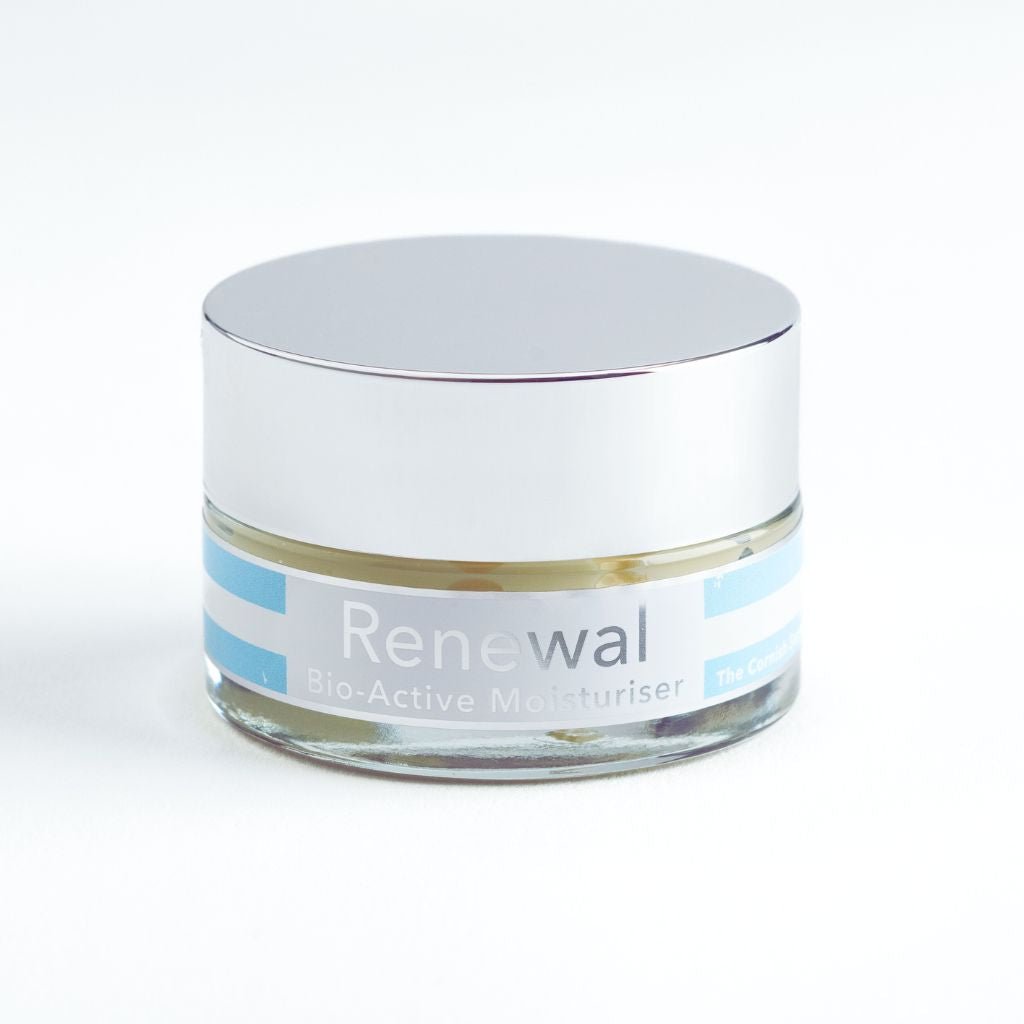Key Takeaways
- Your scalp requires dedicated care similar to your facial skin.
- Many people neglect scalp health by focusing only on hair lengths.
- The best conditioner for scalp health nourishes the scalp's natural barrier.
- Effective conditioners soothe scalp irritation.
- Healthy scalp conditions promote optimal hair growth.
Table of Contents
- Understanding Scalp Health and the Role of Conditioner
- Common Scalp Concerns: Real-life Issues and Their Solutions
- Key Ingredients for Scalp Health in Conditioners
- How Conditioner Impacts the Scalp: Dermatological Perspective
- Conditioner vs. Other Scalp Solutions: What Makes a Conditioner Stand Out?
- Choosing the Best Conditioner for Your Scalp Type
The Best Conditioner for Scalp Health: Restore, Nourish, Support
Your scalp is living skin that deserves the same thoughtful care as your face. Yet many of us treat it as an afterthought, focusing solely on hair lengths while neglecting the foundation from which healthy hair grows. The best conditioner for scalp health does more than detangle, it nourishes the scalp's natural barrier, soothes irritation, and creates optimal conditions for hair to thrive.
Modern scalp science reveals that well-formulated conditioners can be applied directly to the scalp without causing buildup or greasiness. The key lies in choosing products with gentle, nourishing ingredients that support rather than overwhelm your scalp's delicate ecosystem. The 3 Step Haircare Set is an excellent option for those seeking a comprehensive approach to scalp and hair health.
After cleansing strips away oils and debris, conditioner helps restore moisture and create a protective film over both hair and scalp. Quality conditioners contain emollient oils and botanical extracts that can calm inflammation, reduce trans-epidermal water loss, and support the scalp's natural healing processes. For a convenient pairing, consider the Conditioner & Body Wash Set to streamline your routine.
Understanding Scalp Health and the Role of Conditioner
What Is a Healthy Scalp?
A healthy scalp maintains its natural protective barrier whilst remaining comfortable and balanced. You'll notice even skin tone, minimal flaking, and an absence of persistent itching or tenderness. Like facial skin, your scalp has its own microbiome, beneficial bacteria that help maintain pH balance and ward off harmful microorganisms.
The scalp produces sebum to protect and moisturise both skin and hair, but factors like weather, overwashing, or harsh products can disrupt this delicate balance. When the barrier is compromised, you might experience dryness, sensitivity, or excessive oiliness as your scalp attempts to compensate.
How Conditioner Can Support the Scalp
After cleansing strips away oils and debris, conditioner helps restore moisture and create a protective film over both hair and scalp. Quality conditioners contain emollient oils and botanical extracts that can calm inflammation, reduce trans-epidermal water loss, and support the scalp's natural healing processes.
The misconception that conditioner should never touch the scalp stems from older formulations containing heavy silicones and waxes. Today's thoughtfully crafted conditioners, particularly those with natural, lightweight ingredients, can benefit the entire head, from roots to ends.
Debunking Conditioner Myths
The "never apply conditioner to your scalp" rule is outdated advice based on synthetic formulations that could indeed cause buildup. Natural conditioners with plant oils and botanical extracts absorb readily into skin without leaving residue when properly rinsed.
Another persistent myth suggests that conditioning the scalp will make hair greasy. In reality, a dry, irritated scalp often overproduces oil to compensate. By maintaining proper moisture balance, the right conditioner can actually help regulate sebum production over time. For more insights on hair renewal, read our article on best products for hair renewal.
Common Scalp Concerns: Real-life Issues and Their Solutions

Dry, Flaky, or Itchy Scalp
Dry scalp often results from environmental factors, overwashing, or using products with harsh surfactants. Unlike dandruff (which involves yeast overgrowth), simple dryness responds well to gentle moisturising. Look for conditioners containing nourishing oils like jojoba or oat oil, which closely mimic the scalp's natural sebum.
Botanical ingredients such as frankincense and angelica sinensis have traditionally been used to soothe irritated skin. When applied through a well-formulated conditioner, these gentle actives can help calm inflammation without overwhelming sensitive scalp tissue.
Oily, Congested, or Product-Loaded Scalp
An oily scalp doesn't necessarily need to avoid conditioner, it needs the right type. Lightweight formulations with balancing botanicals like mint, rosemary, and clary sage can help regulate sebum production whilst providing necessary moisture to hair lengths.
The key is application technique and thorough rinsing. Use a minimal amount, focus on massaging into the scalp with fingertips, and rinse rinse until product can no longer be felt in your haiy. This approach provides benefits without adding weight or residue. If you're interested in learning more about effective cleansing, check out our guide to the shampoo conditioner shampoo method.
Sensitivity, Irritation, or Tenderness
Sensitive scalps require careful ingredient selection. Avoid products with synthetic fragrances, harsh preservatives, or high concentrations of essential oils. Instead, seek conditioners with proven gentle actives and minimal, transparent ingredient lists.
Always patch-test new products behind your ear before full application. If you experience any stinging, burning, or increased irritation, discontinue use immediately and consider consulting a dermatologist for persistent issues.
Key Ingredients for Scalp Health in Conditioners
Moisturising Agents and Occlusives
Plant oils form the backbone of effective scalp conditioning. Jojoba oil technically isn't an oil but a wax ester that closely mimics human sebum, making it ideal for all scalp types. Oat oil provides gentle moisturising with anti-inflammatory properties, whilst argan oil delivers vitamin E and essential fatty acids.
Our Super Nutrient Conditioner combines these three powerhouse ingredients to create a lightweight yet deeply nourishing treatment that absorbs readily without leaving residue. The formula works particularly well for those with dry or environmentally stressed scalps.
Calming and Barrier-Support Botanicals
Angelica sinensis, traditionally known as female ginseng, has been used in herbal practice to support skin comfort and circulation. In our Super Nutrient Conditioner, it helps soothe irritation and is ideal for those with sensitive or reactive scalps.
Frankincense, included in our conditioner, is valued for its calming properties and is suitable for those seeking to reduce scalp discomfort. Mint and clary sage, also present in our formulation, offer a refreshing sensation and support a balanced scalp environment.
Seaweed (Fucus Serratus) is a key ingredient in our conditioner, providing trace minerals that support the scalp’s natural ecosystem. While research is ongoing, these minerals are thought to help maintain a healthy scalp barrier.
How Conditioner Impacts the Scalp: Dermatological Perspective
The scalp's response to conditioning involves measurable physiological changes that extend beyond simple hair improvement. Understanding these mechanisms helps explain why the best conditioner for scalp health addresses both immediate comfort and long-term barrier function.
Moisture Balance and Barrier Repair
Shampoo, whilst necessary for cleansing, temporarily disrupts the scalp's lipid barrier and can increase trans-epidermal water loss (TEWL) by up to 40% immediately post-wash. Quality conditioners work to restore this balance through occlusive and humectant ingredients that form a protective film whilst allowing natural sebum production to normalise.
Our Super Nutrient Conditioner contains jojoba oil and oat oil, both proven to reduce TEWL and support barrier repair. Jojoba oil's molecular structure closely mirrors human sebum, allowing it to integrate seamlessly with the scalp's natural protective mechanisms rather than sitting as a foreign layer.
Mitigating Irritation and Itch
Scalp irritation often stems from inflammation triggered by environmental stressors, product buildup, or compromised barrier function. The mint and clary sage in our formulation have documented anti-inflammatory properties, whilst frankincense has been traditionally used to calm reactive skin conditions.
Clinical observations suggest that regular use of botanically-rich conditioners can reduce scalp sensitivity over time, though individual responses vary considerably. The key lies in consistent, gentle application rather than sporadic intensive treatments.
Conditioner and Scalp Microbiome
Emerging research indicates that gentle, naturally-formulated conditioners may support beneficial scalp microbes whilst discouraging problematic overgrowth. Unlike harsh synthetic ingredients that can disrupt microbial balance indiscriminately, plant-based formulations like ours appear to work more selectively.
The seaweed (Fucus Serratus) in our conditioner provides trace minerals that may support the scalp's natural ecosystem, though more research is needed to fully understand these complex interactions.
Conditioner vs. Other Scalp Solutions: What Makes a Conditioner Stand Out?

| Solution Type | Application | Time Commitment | Scalp Coverage | Daily Compatibility |
|---|---|---|---|---|
| Conditioner | Rinse-off during wash | 2-3 minutes | Complete scalp | Every wash |
| Scalp Oils | Pre-wash treatment | 20-60 minutes | Targeted areas | Weekly maximum |
| Leave-in Serums | Post-wash application | Instant | Spot treatment | Daily possible |
| Treatment Masks | Weekly intensive | 10-20 minutes | Complete scalp | Weekly only |
Conditioner vs. Scalp Oils
Scalp oils like our Super Nutrient Hair & Scalp Oil penetrate deeply and provide intensive nourishment but require dedicated treatment time. Conditioners offer consistent, maintenance-level care that integrates seamlessly into daily routines without additional time investment.
For those with severely compromised scalp barriers, oils provide superior initial intervention. However, conditioners excel at maintaining improvements and preventing future issues through regular, gentle support.
Conditioner vs. Leave-in or Wash-Off Serums
Serums typically contain higher concentrations of active ingredients but cover smaller areas and may leave residue that requires careful styling consideration. Our conditioner provides broad-spectrum scalp support whilst rinsing away completely, leaving no interference with natural hair texture or styling products.
The water-based delivery system in quality conditioners also ensures better ingredient distribution across the entire scalp surface compared to oil-based serums that may pool in certain areas.
Conditioner vs. Traditional Masks
Weekly scalp masks address acute concerns effectively but can overwhelm sensitive scalps and may encourage dependency on intensive treatments. Regular conditioning builds scalp resilience gradually whilst providing immediate comfort after each wash.
Our approach prioritises consistent, moderate nourishment over dramatic but potentially irritating intensive interventions. For more information on maintaining healthy hair, you may enjoy our article on the best shampoos for healthy hair.
Choosing the Best Conditioner for Your Scalp Type
Identifying your scalp's specific needs requires honest assessment of daily comfort levels, visual appearance, and response to current products. Most scalps fall into overlapping categories rather than distinct types.
Identifying Your Scalp Needs
Examine your scalp 24 hours after washing: Does it feel tight, tender, or itchy? Are there visible flakes or signs of irritation? For those seeking a complete routine, the 3 For 2 - Super Nutrient Haircare Plus Sets offer a comprehensive solution for scalp and hair health.
Frequently Asked Questions
Why is it important to use conditioner on the scalp and not just the hair lengths?
Your scalp is living skin that requires nourishment and care similar to your face. Conditioning the scalp helps support its natural barrier and soothes irritation, creating a balanced environment that benefits both scalp comfort and hair health.
What key ingredients should I look for in a conditioner to promote scalp health?
Look for conditioners containing soothing and nourishing ingredients such as seaweed (Fucus Serratus), tuber fleeceflower root, angelica sinensis, frankincense, argan oil, and oat oil. These help support the scalp’s natural barrier and provide gentle hydration without overwhelming the skin.
Can conditioners applied directly to the scalp cause buildup or greasiness?
Well-formulated conditioners with gentle, lightweight ingredients can be applied to the scalp without causing buildup or greasiness. The key is choosing products designed to nourish rather than weigh down the scalp’s delicate ecosystem.
How does a healthy scalp contribute to optimal hair growth?
A healthy scalp maintains its natural protective barrier and balanced moisture, which supports the environment where hair follicles thrive. When the scalp is comfortable and well-nourished, it promotes conditions favourable to strong, resilient hair growth.
A picture tells a thousand words: out of necessity, some images in this blog post have been created using artificial intelligence models. This is to help us bring to life & more comprehensively express the written content within this post. We only using artificially generated images when we don’t have a suitable image available to us.



